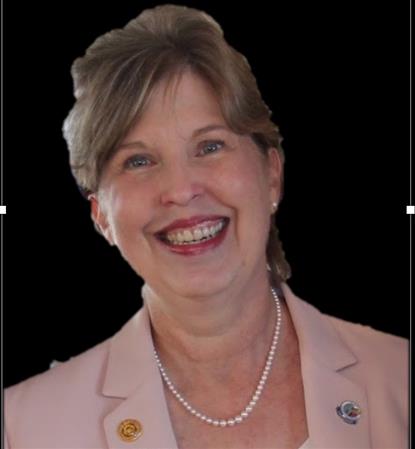It feels like a punch to the gut: “The MOG test is positive”. The last, and most important, test for our grandson Nathan, is positive for myelin oligodendrocyte glycoprotein. This is the umbrella disorder under which are included such diseases as multiple sclerosis, encepholemyelitis, optic nerve blindness and more. MOG, a term I first heard three weeks ago, has changed our lives. As I understand it, this is an antibody which is attacking the myelin protective coating of my grandson’s nervous system. All parts of the body are subject to attack at any time, and there is no road map for someone with this disorder. Further, since only 1 in 100 million affected by this disorder are teen boys, there is no one who can tell us what to expect.
Until three weeks ago, Nathan was a healthy, normal 13-year-old boy. His voice starting changing last summer and every time I saw him it was a few steps lower. He’s not athletically inclined, preferring robotics and broadcasting. His goal is to study engineering at MIT (aim high!). He is a quiet leader and was recognized by the teachers of Bright Elementary School as one of the outstanding students to meet with Mayor Maso in 5th grade.
Many of us have suffered these gut punch notifications before: “your Dad has Alzheimers”, “your mother-in-law has terminal cancer”, “there’s been a serious accident”. Those notifications have a similar effect, but there is something especially painful about a child facing a lifetime health issue. Others of us have faced similar news with our children or grandchildren, joining a “club” in which no one seeks to participate. The choice is to become bitter, or seek to make it better; not only for your family but for others similarly affected. The motto of Rotary International this year is “Making a difference” and I was especially proud of Nathan when, asked immediately to participate in a research study for the disorder, he responded, “If what I’m going through can help others, then I’m in”.
I’m learning a wealth of new terms, and getting a crash course on human anatomy. Children’s Hospital is encouraging Nathan and his parents to document the process to help other teens and parents traveling similar roads of health challenges; he is embracing this opportunity to benefit others.
A television personality has often said, “Make your mess your message” and we hope to do that with MOG. Finding ways to support families with childhood health problems can be more than donating to a telethon. I was touched by the desire of our Interact Club to give this year’s Valentine Cards to Children’s Hospital to encourage the kids and I assured Interact that it was equally impactful for the extended families. The cards didn’t go the hospital where Nathan was a patient, but I appreciate that the kids were inspired by Nate’s experience to encourage others.
Stefanie Wagoner was one of several parents who made the trek downtown to Children’s Hospital to allow her son to visit Nathan. A hospital is not a place anyone seeks to visit, but the time and effort was the greatest source of encouragement for Nate, and therefore, for us.
I’m thankful for the many ways in which our club is already making a difference: in Nicaragua water and sanitation projects, providing scholarships, providing leadership training for area teens, financially supporting multiple charities in their work. I look forward to our continued process to increase assistance for those in need, both with our funds and with our participation, and seeking new ways to support those in need.
The community within our club makes a difference with one another, too, as we cheer and assist each other. Thank you to everyone who sent a text message or email inquiring about Nathan; that effort means a lot and I hope we will all remember to do the same for those around us. It’s not the magnitude of the contact that matters; it is remembering and reaching out that makes a difference.
